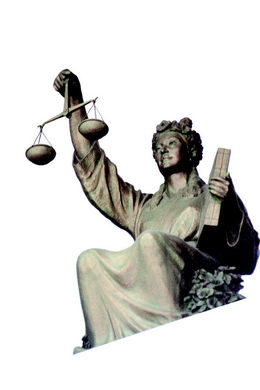 |
Ruling comes in face of bill to abolish death penalty
While the controversy surrounding capital punishment continues, the Supreme Court on September 8 sentenced to death a man who murdered his wife and three sons. The man had wanted cash in on their insurance policies, worth a total of 600 million won (about US$625,000). This is the second time this year the court has handed down a death sentence. Currently, the nation has 63 convicts on death row. South Korea’s last execution was held during the Kim Young-sam administration, when 23 convicts were put to death on the same day, December 30, 1997. During the following Kim Dae-jung and current Roh Moo-hyun administrations, no one was executed. According to the Office of Court Administration, since the nation’s foundation in 1948, 998 persons have been executed.Some 175 lawmakers in the ruling and opposition parties, including Yoo In-tae of the Uri Party, are currently trying to uphold a bill aimed at abolishing capital punishment. Review of the bill is pending at the National Assembly’s Legislation and Judiciary Committee. Rep. Yoo was one of many who received a death sentence under the Park Chung-hee military regime for being an "enemy of the state." He was later given a stay of execution. According to the court’s sentencing of the defendant, "The death penalty is an extremely exceptional punishment for a reasonable judiciary system in a civilized nation. Therefore, the death sentence should only be permitted in cases for which everyone admits that there is a special situation, one in which the penalty can be justified given the degree of responsibility for the crime, and the purpose of the punishment. This case is different from other murder cases; the defendant mercilessly killed his family, strangling his youngest son when he would not drink poison." Given these circumstances, the ruling reads, the death penalty is justified. Jang, the defendant, was indicted for killing his wife and three sons and then burning the bodies in September 2005, in an attempt to collect on their insurance policies. At the first trial, he was sentenced to life in prison, but he received the death penalty at his second trial. An official of the Supreme Court said, "As far as I know, head justice for the case Park Si-hwan, who supports the abolishment of the death penalty, made a decision to observe the purpose of the punishment as long as the death sentence exists under the current law."





